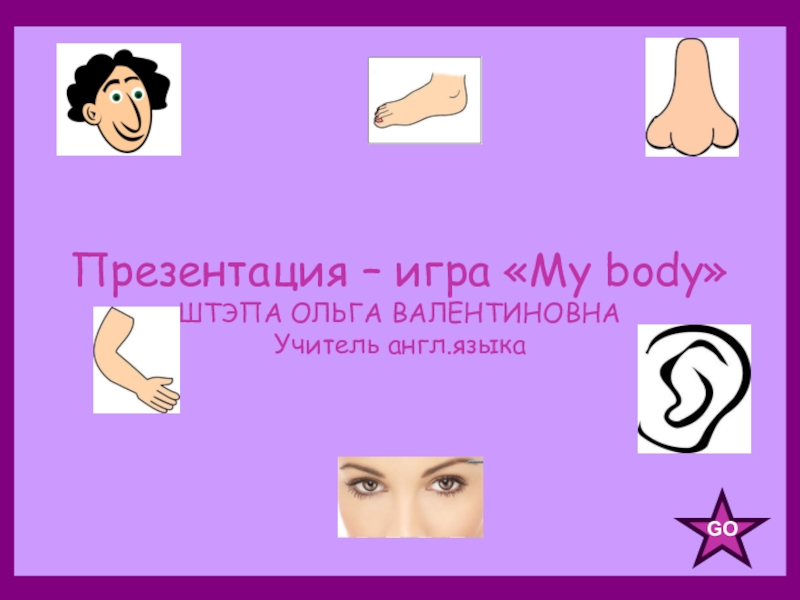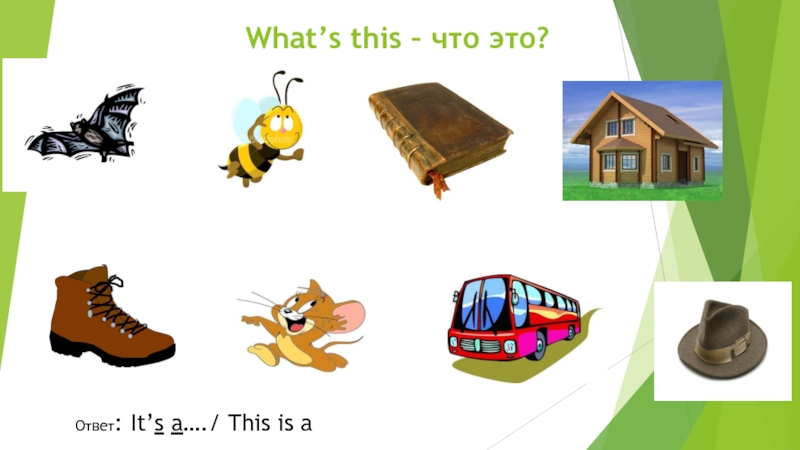- Главная
- Разное
- Образование
- Спорт
- Естествознание
- Природоведение
- Религиоведение
- Французский язык
- Черчение
- Английский язык
- Астрономия
- Алгебра
- Биология
- География
- Геометрия
- Детские презентации
- Информатика
- История
- Литература
- Математика
- Музыка
- МХК
- Немецкий язык
- ОБЖ
- Обществознание
- Окружающий мир
- Педагогика
- Русский язык
- Технология
- Физика
- Философия
- Химия
- Шаблоны, фоны, картинки для презентаций
- Экология
- Экономика
Презентация, доклад по английскому языку на тему Модальные глаголы
Содержание
- 1. Презентация по английскому языку на тему Модальные глаголы
- 2. have to / must / shouldWe use
- 3. Must and have toMust and have to
- 4. There’s something very important about must and
- 5. In a non-smoking area you mustn’t smoke,
- 6. Have changes in the third person singular
- 7. shouldWe use should for advice, or making
- 8. might, may and couldWe use the modal
- 9. They might (may/could) be some kind of
- 10. Must and can’tWe use must if we
have to / must / shouldWe use have to / must / should + infinitive to talk about obligation, things that are necessary to do, or to give advice about things that are a good idea
Слайд 2have to / must / should
We use have to / must
/ should + infinitive to talk about obligation, things that are necessary to do, or to give advice about things that are a good idea to do.
Слайд 3Must and have to
Must and have to are both used for
obligation and are often quite similar. They are both followed by the infinitive.
I must go now. / I have to go now.
I must go now. / I have to go now.
Слайд 4There’s something very important about must and have to. The positive
forms are very similar in meaning, but the negative forms are completely different.
You mustn’t forget ... (don’t forget –you have no choice)
If you don’t like him, you don’t have to see him again. (there is no obligation to see him again, but you have a choice)
You mustn’t forget ... (don’t forget –you have no choice)
If you don’t like him, you don’t have to see him again. (there is no obligation to see him again, but you have a choice)
Слайд 5In a non-smoking area you mustn’t smoke, but in a smoking
area you don’t have to smoke but you can if you want to.
Слайд 6Have changes in the third person singular (he/she/it has); but must
doesn’t change. It’s a modal verb and modals don’t change.
Слайд 7should
We use should for advice, or making suggestions
Maybe you should go
for a coffee or lunch and see how you feel?
You shouldn’t leave it on the street.
You shouldn’t leave it on the street.
Слайд 8might, may and could
We use the modal verbs might, may and
could + an infinitive form without to when we think it is possible that something is true. We use must when we are sure it is true and can’t when we are sure it isn’t true.
Слайд 9They might (may/could) be some kind of small pig.
If you are
talking about possibility in the past you need the modal + have + past participle.
She might have taken those photos in China. I may have thrown it away by mistake.
She might have taken those photos in China. I may have thrown it away by mistake.
Слайд 10Must and can’t
We use must if we think something is true
and can’t if we think something isn’t true.
So, it must come from an animal.
That looks like tomato juice, but it can’t be, that would be too easy.
So, it must come from an animal.
That looks like tomato juice, but it can’t be, that would be too easy.















